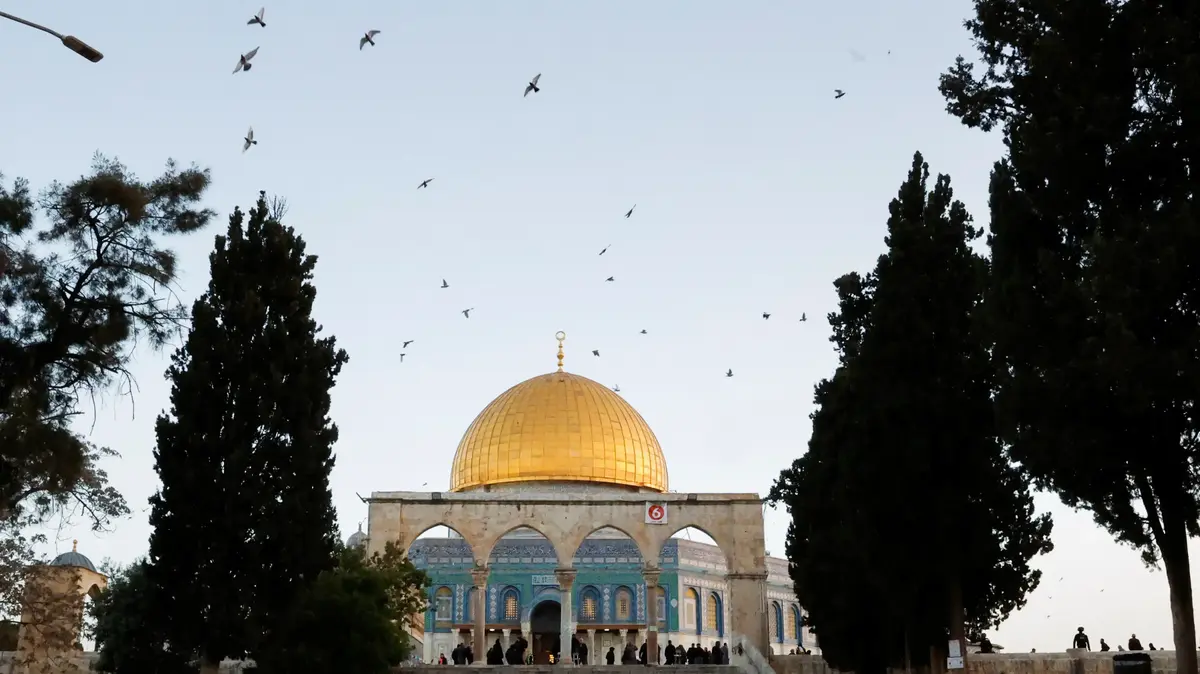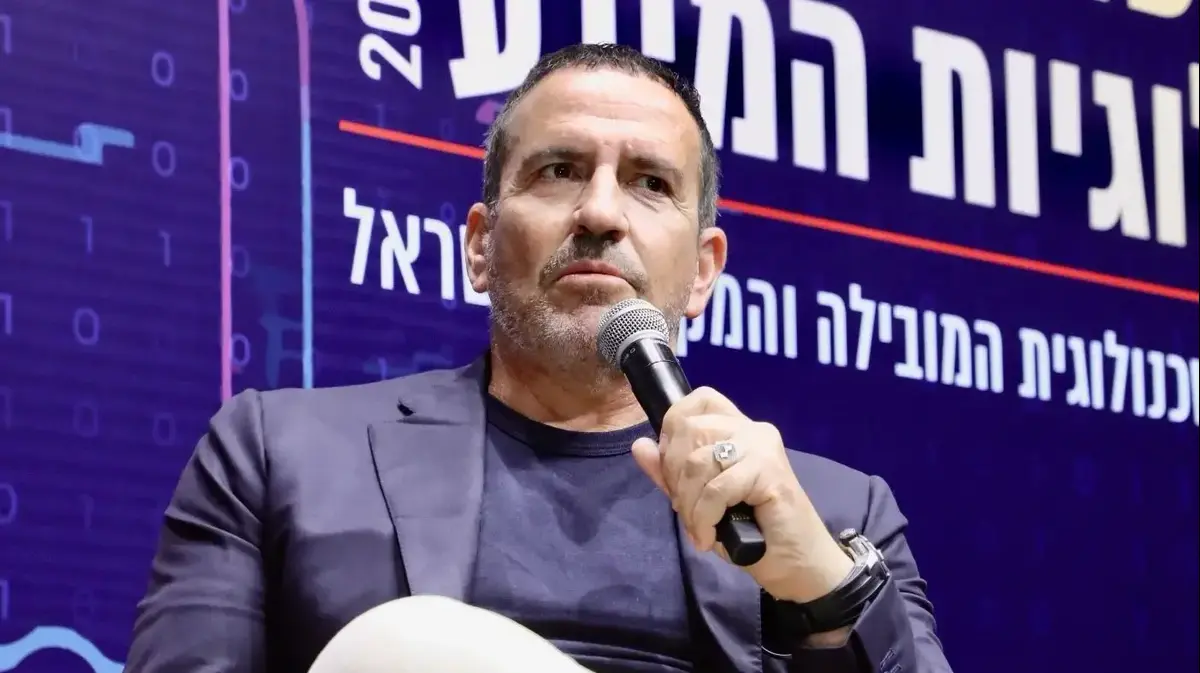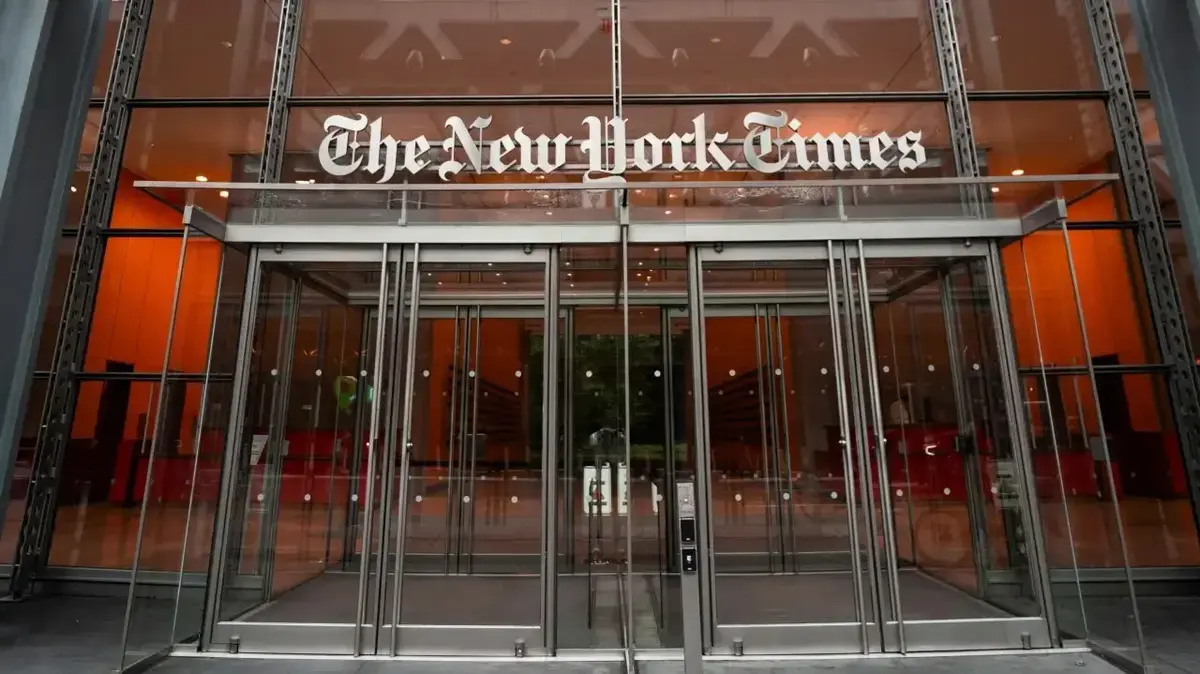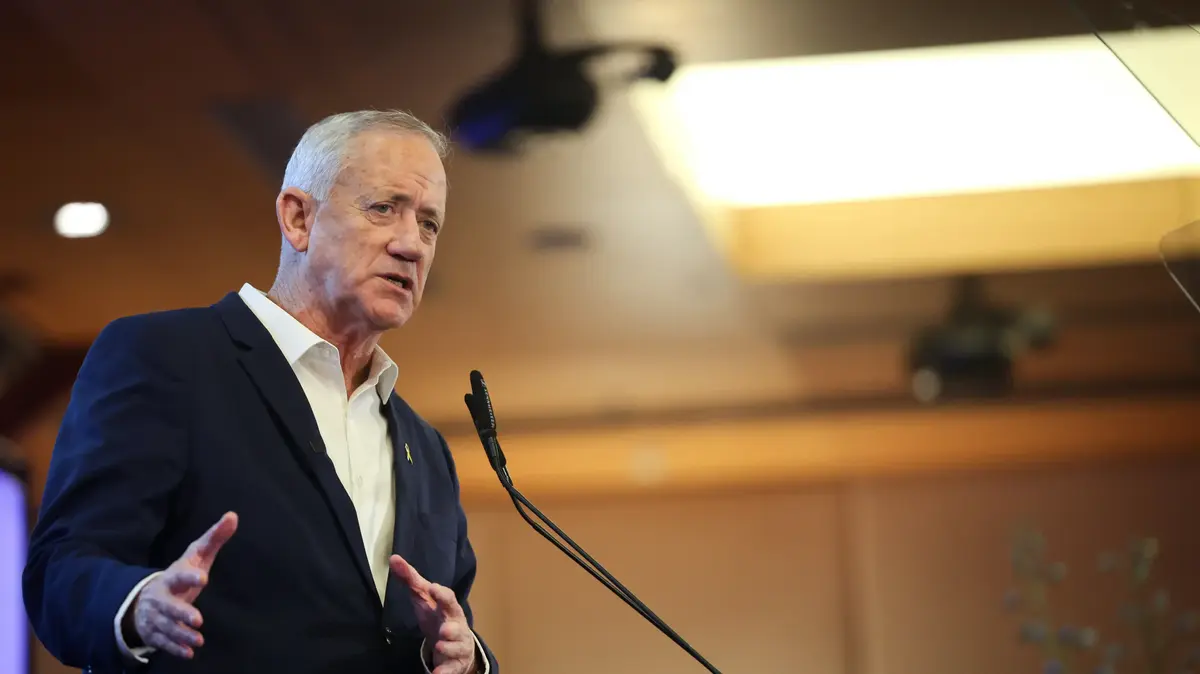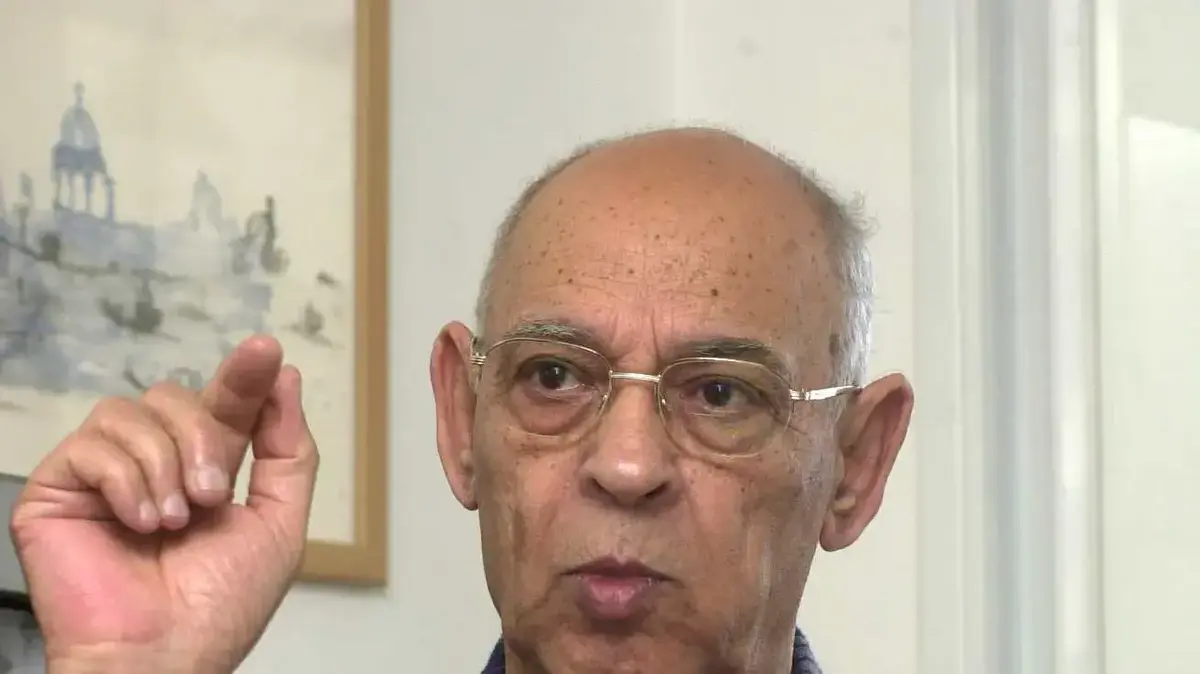Never in the history of the Jewish state has the Arab minority ruled the fate of the Jewish majority as it does today.
The majority, on which a minority government without a connecting thread rests, is given only thanks to one Arab party - the United Arab List - and when its members flex their muscles or express dissatisfaction or the government raises the flow, or turns to its twin sister, the joint list.
Evidence of the change government's total dependence on the Arab minority could be seen in the narcissistic response to Hezbollah's firing and the lack of response to the launch of Hamas balloons.
In the name of the government's political survival, the State of Israel is in effect relinquishing the right to defend itself.
And as if in a mirror image of the wonderful political situation of the Arab sector, after a horribly short-sighted training campaign of the Likud and a brave and colossal partnership of the Zionist parties on the right, there is a new future and hope - the Arab public chooses to burn the club.
While the IDF worked to protect Israeli citizens as part of Operation Wall Guard, some Israeli Arabs decided to side with Hamas. In Acre, Lod, Jaffa, Ramla and Jerusalem they went out to attack. These were not violent protests. On the contrary. Vehicles, houses And houses of worship were set on fire.The common denominator of all these is the identity of the owner: they were all Jews.
Optimistic posters from the not-so-recent period still appear in the hospitals in Jerusalem, promising that after the operation we will return to a life of brotherhood and coexistence.
The huge cloud of smoke that billowed over Jerusalem this week showed that beneath the performance of harmony there is an erupting lava of abysmal hatred.
A police source, who was involved in the riot investigations in Lod, told me about his feelings following what he saw.
He raised the question of the self-determination of that minority, which enjoys full equality of opportunity, special budgeting and for the first time in years also a chair around the cabinet table.
We once asked ourselves whether the Arabs of Israel are Palestinians or not.
It's over, he ruled emphatically.
Today they are all Palestinians.
The only relevant question, is a ruling, whether they will leave us buoyant when they throw us into the sea or not.
Those who justified his hair-raising remarks were the political representatives of the sector.
Earlier this week Walid Taha adopted the phrase coined by Ahmad Tibi in a radio interview from here to journalist Nader Abu Tamer and said that "Ra'am is an Israeli Palestinian party."
In his canonical book "A Place Under the Sun", Netanyahu describes the relations between Arabs and Jews in the Galilee region.
"Over time, there has been a fairly peaceful coexistence between them and the Jewish citizens of the state," he writes, warning that "this will continue to exist as long as the future of the State of Israel is not in doubt."
The pastoral description of coexistence and peaceful relations between Jews and Arabs may have been relevant in the mid-1990s, but the situation in the Galilee and the rest of the country is serious.
Only at the beginning of the month were Jewish businesses set on fire in Hatzor HaGlilit, under threats and demands to respond to protectionist pressures.
It happens all over the country, when criminal organizations come from the same sector.
The lack of enforcement vis-à-vis those organizations creates a similar effect to the narcissistic response vis-à-vis terrorist organizations: an appeal against the existence of the State of Israel. Precisely when coexistence is flourishing around the government table, the state's position vis-à-vis the Arab sector is deteriorating. As long as the government continues to be dependent on the Arab sector, a question mark will continue to hover over the future of Zionism. Maybe it's time to rethink coexistence?




